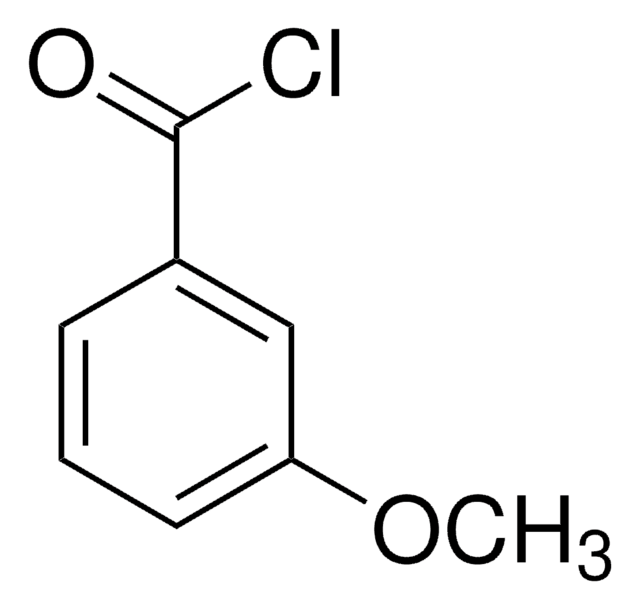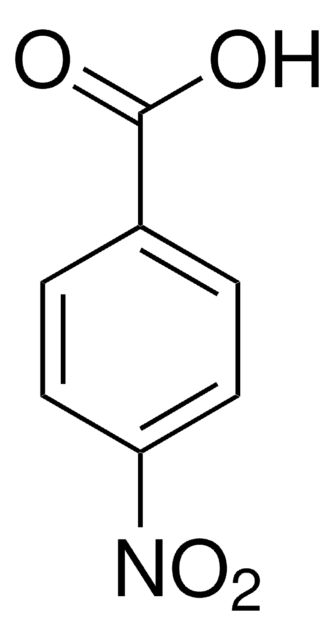117714
3-Methoxybenzoic acid
ReagentPlus®, 99%
Synonym(s):
m-Anisic acid, m-Methylsalicylic acid
About This Item
Recommended Products
Quality Level
product line
ReagentPlus®
Assay
99%
bp
170-172 °C/10 mmHg (lit.)
mp
105-107 °C (lit.)
solubility
95% ethanol: soluble 50 mg/mL, clear, colorless to faintly yellow
functional group
carboxylic acid
SMILES string
COc1cccc(c1)C(O)=O
InChI
1S/C8H8O3/c1-11-7-4-2-3-6(5-7)8(9)10/h2-5H,1H3,(H,9,10)
InChI key
XHQZJYCNDZAGLW-UHFFFAOYSA-N
Looking for similar products? Visit Product Comparison Guide
Related Categories
General description
Application
Legal Information
Not finding the right product?
Try our Product Selector Tool.
Storage Class Code
11 - Combustible Solids
WGK
WGK 3
Flash Point(F)
Not applicable
Flash Point(C)
Not applicable
Choose from one of the most recent versions:
Already Own This Product?
Find documentation for the products that you have recently purchased in the Document Library.
Customers Also Viewed
Our team of scientists has experience in all areas of research including Life Science, Material Science, Chemical Synthesis, Chromatography, Analytical and many others.
Contact Technical Service



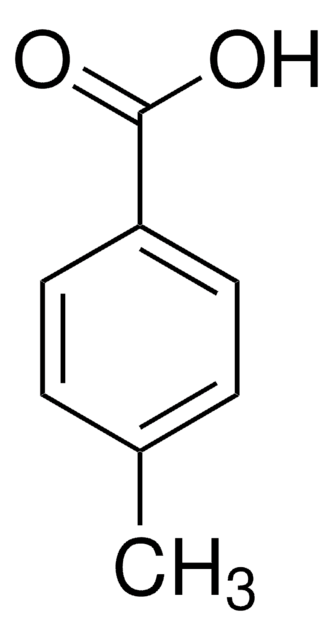
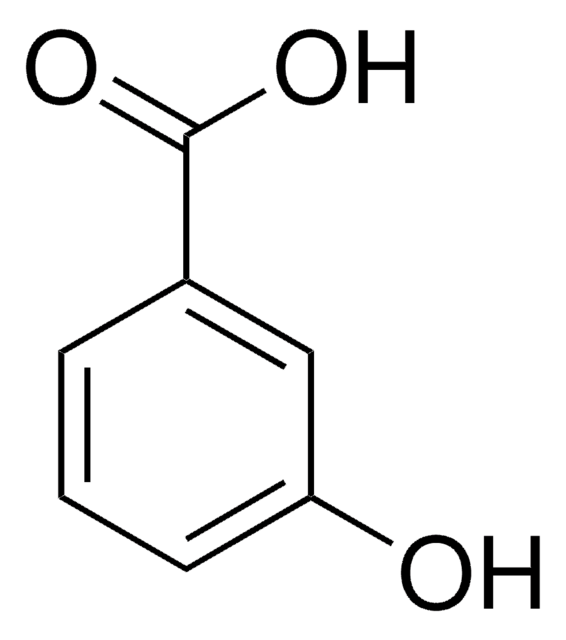



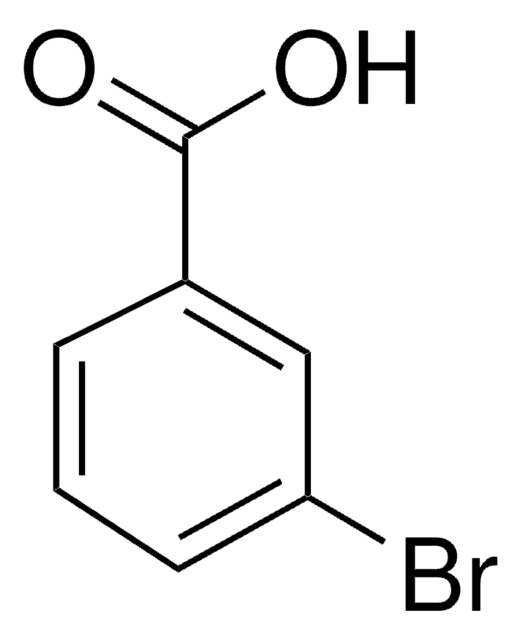
![Benzo[a]fluorenone BCR®, certified reference material](/deepweb/assets/sigmaaldrich/product/structures/881/090/eae85258-97ed-4de7-90c1-c0e0e495552e/640/eae85258-97ed-4de7-90c1-c0e0e495552e.png)
